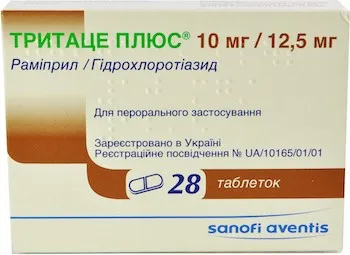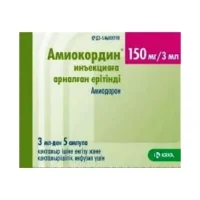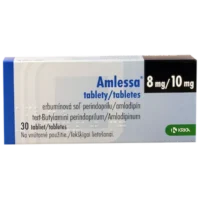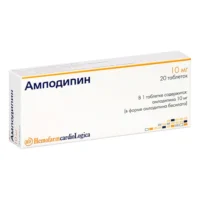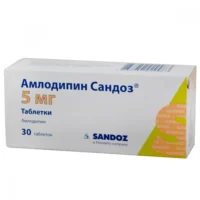Description
Tritace Plus (Ramipril, Hydrochlorothiazide) Tablets 10 mg/12.5 mg. №28
Ingredients
- Each tablet contains 10 mg of ramipril and 12.5 mg of hydrochlorothiazide.
Dosage
- The usual recommended dose is one tablet once daily. Follow the dosage instructions provided by your healthcare provider.
Indications
- Tritace Plus is indicated for the treatment of hypertension in patients whose blood pressure is not adequately controlled with ramipril alone.
Contraindications
- Avoid Tritace Plus if allergic to any ingredients, have a history of angioedema related to ACE inhibitor therapy, or if pregnant.
Directions
- Take Tritace Plus as prescribed by your doctor. Swallow the tablet whole with water. Do not crush or chew the tablet.
Scientific Evidence
- Pharmacological Effects: Ramipril, an ACE inhibitor, relaxes blood vessels to lower blood pressure. Hydrochlorothiazide, a diuretic, increases urine output to reduce fluid and lower blood pressure.
- Clinical Trials: Combination therapy of ramipril and hydrochlorothiazide is more effective in lowering blood pressure than either drug alone. Studies in the Journal of Hypertension showed a significant blood pressure reduction with this combination.
Additional Information
- Warnings: Monitor blood pressure regularly while taking Tritace Plus. Inform your doctor of any side effects. Avoid excessive sweating and dehydration on this medication.
- Storage: Keep Tritace Plus at room temperature, away from moisture and heat. Store out of reach of children.

